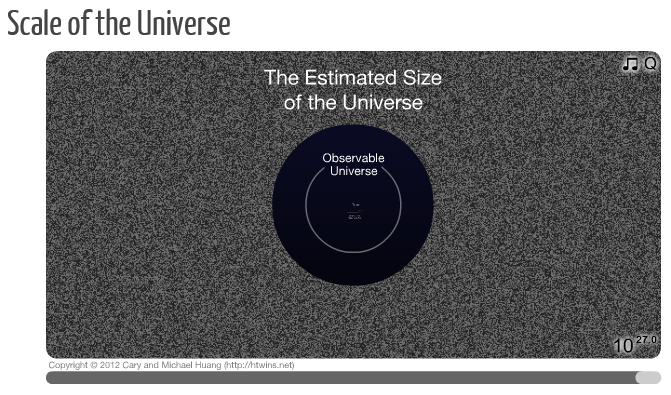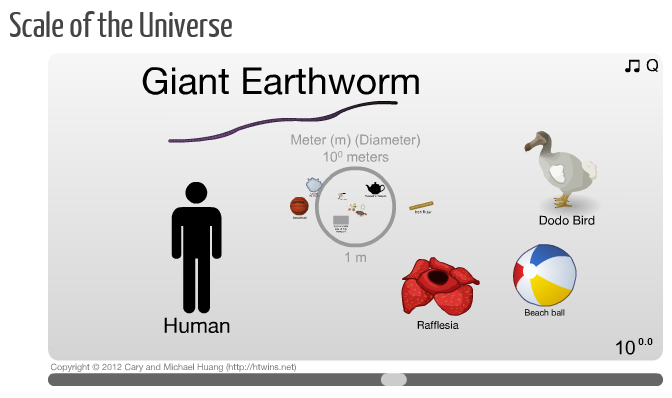That comfy couch in your living room. A plate of home-made chicken wings and fries that you just made. The favourite clothes that you're wearing. The money you just took out from the bank. The gas you just put in your car. The fresh smell roses at the flower shop. The feel of the warm and soft beach sand on your feet and between your toes. The wind blowing through your hair. The chilled glass of white wine in your hand. The taste buds on your tongue. The birds in the air, and your faithful dog gazing up at them with curiosity. The heat of the hot sun on your body. The light from moon and stars in the sky that twinkle in your eye. The happy thoughts in your head. The memories you cherish that last for a lifetime. The flow of time you rarely pay attention to from day to day...
What are all these things, and everything else inside and around us made of?
These are questions that mankind has sought to find answers to for as long as humans have been around. Throughout the ages, many philosophers and scientists have spent their entire lives trying to figure out the world around them. From the very large, to the very small, we have meticulously examined the stuff that makes up our reality. If it wasn't for our curiosity, we probably wouldn't pay attention to these things, and just go on about our lives without a care. But then, we really wouldn't have the things that we enjoy and take for granted today. All the material goods we have and use came about from people taking the time to study how things work. They made experiments to test their theories, and gradually over time, these 'inventions' made their way into our lives. Some inventions haven't changed much, while others have been improved upon over time.
With the aid of technology, we have been able to chart the sizes of the very large and the very small. With telescopes, we can view the largest objects in our universe. At the other end of the spectrum, we use electron microscopes to view the smallest objects that can be observed with our eyes. For those of you that have neither a telescope or microscope at your disposal, there is a website you can visit that shows you in an animated format what the smallest and largest objects are in our universe.
Scale of the Universe gives you simulation of illustrating the smallest to the largest with everything in between. One of the amazing discoveries of our time is that there are limits at both ends of the scale! In other words, the universe has a finite size at the very large end, and it has a finite size at the very small end. Both do not go on for ever!
 |
 |
|
|
|
Even though we have the means to measure very large objects and distances, there is a challenge when measuring anything smaller than a Planck Length. Things become non-local, which means that anything smaller than this makes no sense to us in the physical world, they become non-physical and are spread out everywhere in time and space! Therefore, the Planck Length is likened to the smallest building block that is used to create all the matter and energy that exists in our known universe! These building blocks are also known as quantized units. This is where we get the word quantum, as in quantum physics. Quantum physics is the study of how things work at this very small scale. In a nutshell, within each of these quantized units contain all of the information needed to build bigger objects, like atoms, cells, and non-living matter.
It would seem that at this scale, the only thing "smaller" that we haven't discussed as of yet is information. It has no physical size or weight, yet it exists and has a direct impact in our physical world! Information is stored everywhere inside and outside of our bodies. You can think of the thoughts in your head as information waiting to be processed. Information can also be transmitted in a number of ways, and not just by biological entities such as cells, animals and electronic devices such as computers and radio towers.
Does the Bible have anything to say about what things are made of, and that agrees with what science has observed in the world around us? The answer is yes it does!
Hebrews 11:3
Through faith we understand that the worlds were framed by the word of God, so that things which are seen were not made of things which do appear.
2 Peter 3:5
For this they willingly are ignorant of, that by the word of God the heavens were of old, and the earth standing out of the water and in the water:
Colossians 1:17
And he is before all things, and by him all things consist.
Psalm 33:6
By the word of the LORD were the heavens made; and all the host of them by the breath of his mouth.
Psalm 33:9
For he spake, and it was done ; he commanded, and it stood fast.
In Part II of this series, we will show more examples of how science confirms what has been written in the Bible about how God created the world we live in.








